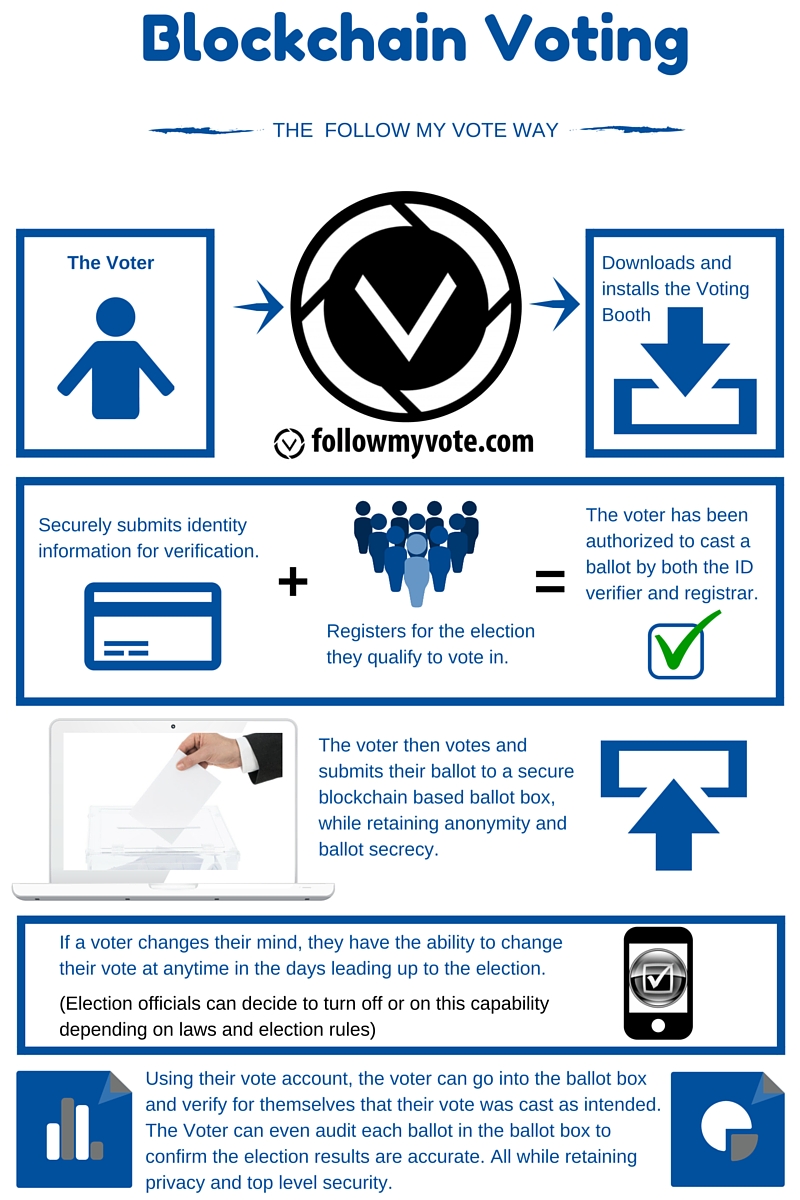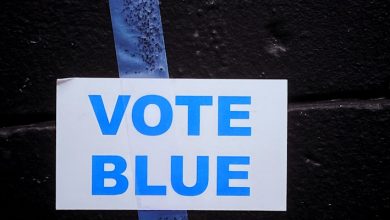The Use of Blockchain for Voting Systems

- Introduction to Blockchain Technology
- Challenges in Traditional Voting Systems
- Benefits of Using Blockchain for Voting
- Security and Transparency in Blockchain Voting Systems
- Case Studies of Successful Blockchain Voting Implementations
- Future Implications of Blockchain in Electoral Processes
Introduction to Blockchain Technology
Blockchain technology is a revolutionary innovation that has the potential to transform various industries, including voting systems. Blockchain is a decentralized, distributed ledger that securely records transactions across a network of computers. Each transaction is verified by network participants, making it virtually impossible to alter or tamper with the data. This transparency and immutability make blockchain an ideal solution for ensuring the integrity of voting systems.
One of the key features of blockchain technology is its ability to provide a high level of security. The data stored on a blockchain is encrypted and linked to previous transactions, creating a chain of blocks that are resistant to hacking or manipulation. This makes blockchain an ideal solution for securing sensitive information, such as votes in an election.
Another advantage of blockchain technology is its transparency. Since all transactions are recorded on a public ledger, anyone can view the data and verify its accuracy. This transparency can help increase trust in the voting process and reduce the risk of fraud or corruption.
Furthermore, blockchain technology can also improve the efficiency of voting systems. By automating the verification process and eliminating the need for intermediaries, blockchain can streamline the voting process and reduce costs. This can help increase voter turnout and make elections more accessible to a wider range of people.
Overall, blockchain technology has the potential to revolutionize voting systems by providing a secure, transparent, and efficient way to record and verify votes. By leveraging the power of blockchain, we can create a more trustworthy and inclusive democratic process for all.
Challenges in Traditional Voting Systems
Traditional voting systems face numerous challenges that can compromise the integrity and security of the voting process. One of the main issues is the potential for fraud and manipulation, as paper-based systems are susceptible to tampering and human error. Additionally, traditional voting methods can be time-consuming and costly to administer, leading to inefficiencies and delays in the election results.
Another challenge with traditional voting systems is the lack of transparency and accountability. Without a clear and auditable trail of each vote cast, it can be difficult to verify the accuracy of the results. This can erode trust in the electoral process and undermine the legitimacy of the outcome.
Moreover, traditional voting systems are often limited in their accessibility, particularly for marginalized communities who may face barriers to participation. This can result in disenfranchisement and unequal representation in the democratic process.
Overall, the challenges in traditional voting systems highlight the need for innovative solutions to improve the security, transparency, and accessibility of elections. Blockchain technology offers a promising alternative that can address many of these issues and enhance the integrity of the voting process.
Benefits of Using Blockchain for Voting
There are numerous benefits to using blockchain for voting systems. One of the main advantages is the increased security it provides. Blockchain technology uses encryption and decentralized storage to ensure that votes are secure and tamper-proof. This helps to prevent fraud and manipulation of election results.
Another benefit of using blockchain for voting is increased transparency. Since all transactions on a blockchain are recorded and cannot be altered, voters can have confidence that their votes are being accurately counted. This transparency helps to build trust in the electoral process and ensures that election results are legitimate.
Blockchain technology also offers increased accessibility for voters. With blockchain-based voting systems, voters can cast their votes from anywhere with an internet connection, making it easier for people to participate in the democratic process. This can help to increase voter turnout and make elections more inclusive.
Additionally, using blockchain for voting can help to reduce costs and streamline the election process. By eliminating the need for paper ballots and manual vote counting, blockchain technology can make elections more efficient and cost-effective. This can save time and resources for election officials and make the voting process more convenient for voters.
Security and Transparency in Blockchain Voting Systems
Security and transparency are crucial aspects of blockchain voting systems. The decentralized nature of blockchain technology ensures that votes are securely recorded and cannot be altered or tampered with. Each vote is encrypted and linked to the previous one, creating a chain of blocks that is virtually impossible to hack. This level of security provides voters with confidence that their votes will be accurately counted.
Furthermore, blockchain technology offers transparency in the voting process. Since all transactions are recorded on a public ledger, anyone can verify the results of an election. This transparency helps to prevent fraud and ensures that the voting system is fair and trustworthy. By using blockchain for voting systems, governments and organizations can increase accountability and build trust with their constituents.
Case Studies of Successful Blockchain Voting Implementations
Several successful implementations of blockchain voting systems have been observed in recent years, showcasing the potential of this technology to revolutionize the way we conduct elections. These case studies serve as valuable examples of how blockchain can enhance transparency, security, and efficiency in the voting process.
- One notable example is the use of blockchain in the 2020 Russian constitutional referendum. By leveraging blockchain technology, the Russian government was able to ensure the integrity of the voting process and prevent fraud. This implementation demonstrated how blockchain can provide a tamper-proof record of votes, increasing trust in the electoral system.
- Another successful case study is the 2018 West Virginia primary election, where blockchain technology was used to allow overseas voters, including military personnel, to cast their votes securely. This initiative not only improved accessibility for voters but also protected the integrity of the election results by creating an immutable ledger of votes.
- In Estonia, blockchain has been integrated into the national voting system since 2014, enabling citizens to vote online with confidence. The use of blockchain has increased voter turnout and streamlined the voting process, making it more convenient for Estonians to participate in elections.
These case studies highlight the diverse applications of blockchain in voting systems and underscore the potential benefits of adopting this technology on a larger scale. By learning from these successful implementations, governments and organizations around the world can work towards creating more secure, transparent, and inclusive electoral processes through the use of blockchain.
Future Implications of Blockchain in Electoral Processes
The future implications of blockchain in electoral processes are vast and promising. By leveraging blockchain technology, voting systems can become more secure, transparent, and efficient. One of the key benefits of using blockchain in elections is the ability to provide a tamper-proof and immutable record of votes cast. This can help prevent fraud and ensure the integrity of the electoral process.
Furthermore, blockchain can enable real-time verification of votes, allowing for faster and more accurate results. This can help increase voter trust in the electoral system and reduce the likelihood of disputes over election outcomes. Additionally, blockchain technology can enhance voter privacy by encrypting and protecting sensitive information.
Moreover, blockchain can also help increase voter turnout by making the voting process more convenient and accessible. With blockchain-based voting systems, voters can cast their ballots from anywhere with an internet connection, eliminating the need to physically go to a polling station. This can help make elections more inclusive and democratic.
Overall, the use of blockchain in electoral processes has the potential to revolutionize the way we conduct elections. By providing a secure, transparent, and efficient voting system, blockchain technology can help strengthen democracy and ensure that every vote counts. As we look to the future, it is clear that blockchain will play a crucial role in shaping the electoral processes of tomorrow.





